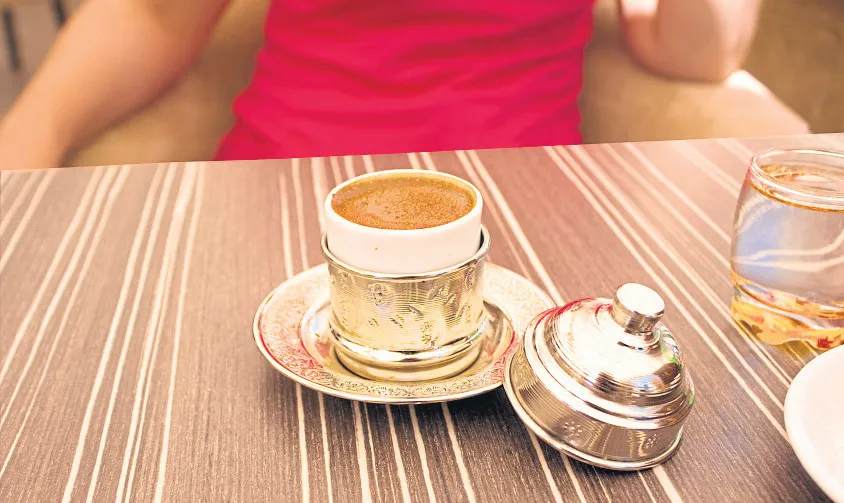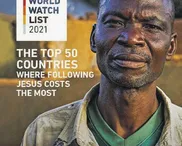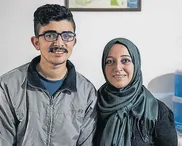In a country where Christians often must meet secretly to avoid arrest, a group of women have taken the opposite approach: hiding in plain sight.
They meet to pray and encourage each other in a coffee shop, in one of the largest cities in Central Asia.
‘It is better for us to gather in a public place such as a coffee shop than to secretly meet in an apartment’, said the wife of a secret church pastor.







